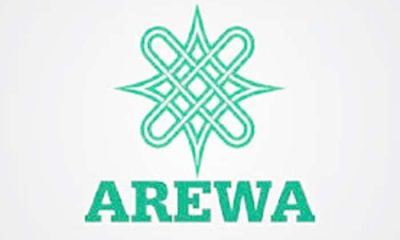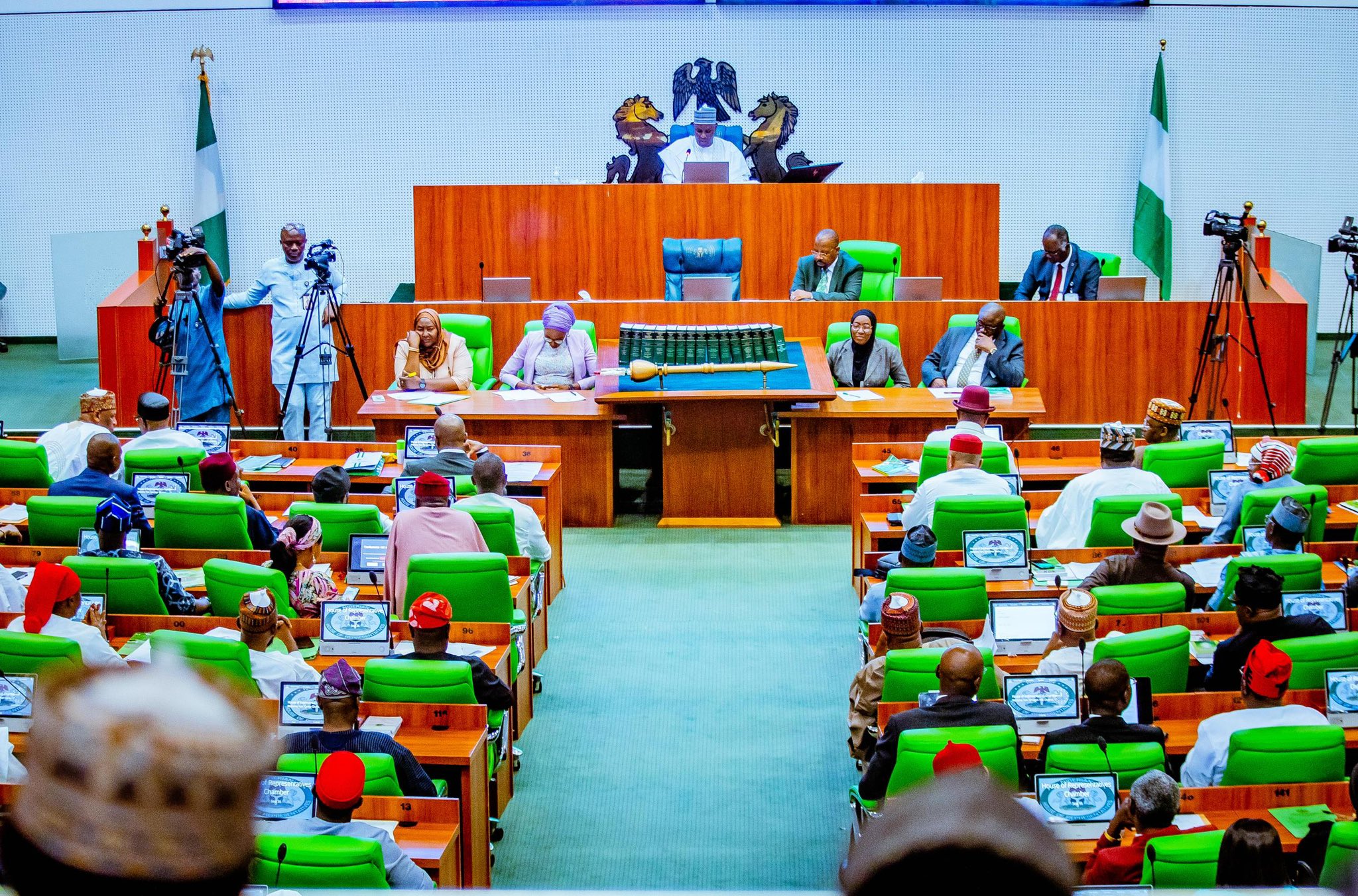Special Features
A Nation at Crossroads: Balancing Health and Hardship in Nigeria’s Sachet Alcohol Ban

Nigeria, grappling with one of its worst economic downturns, finds itself at a crossroads with the recent ban on sachet alcohol.
While the National Agency for Food and Drug Administration and Control (NAFDAC) touts the ban as a necessary step to curb public health concerns, the timing, amidst skyrocketing inflation and a crippled economy, has sparked fierce debate. This report delves into the complexities surrounding the ban, its potential impact, and the urgent need for a nuanced approach.
Public Health Concerns Fuel the Ban:
NAFDAC cites several public health justifications for the ban. Sachet alcohol, often referred to as “local gin,” was widely seen as contributing to:
• Increased alcohol abuse: The affordability and accessibility of the small, single-serve packets were linked to rising rates of underage drinking and binge drinking, particularly among low-income groups.
• Counterfeiting and adulteration: Concerns existed about the potential for fake and adulterated alcohol in sachets, posing serious health risks to consumers.
• Environmental damage: The massive amount of discarded sachets posed a significant environmental waste management challenge.
• Social vices: The association of sachet alcohol with petty crime and public disorder fueled calls for stricter regulations.
Economic Fallout: A Jobless Future?
However, the ban has sent shockwaves through the already fragile Nigerian economy. The industry, employing millions directly and indirectly, faces potential collapse. Manufacturers, distributors, and retailers fear massive job losses and economic hardship, particularly in rural areas where sachet alcohol is a primary source of income.
Opponents argue that the ban, implemented during an economic crisis, disregards the livelihoods of countless individuals and ignores the potential for increased poverty and social unrest. They point out that alternative, potentially more expensive, alcoholic beverages might not be readily available or affordable for many, potentially pushing consumption underground and exacerbating health risks.
Finding the Middle Ground: A Multifaceted Approach
The issue transcends a simple binary choice between public health and economic well-being. A more nuanced approach is crucial to address the underlying concerns effectively.
• Targeted enforcement: Stricter enforcement focusing on counterfeiters and adulterated products could address health risks without crippling legitimate businesses.
• Alternative livelihoods: The government should create and support alternative income-generating opportunities for those affected by the ban, mitigating economic hardship.
• Public awareness campaigns: Comprehensive public awareness campaigns promoting responsible alcohol consumption and highlighting the dangers of fake and adulterated products can complement regulatory measures.
• Collaboration and dialogue: Open communication and collaboration between NAFDAC, industry stakeholders, and civil society organizations are essential to develop effective and sustainable solutions.
A Nation on the Brink: Responsible Action is Key
Nigeria’s economic woes necessitate careful consideration of the ban’s potential consequences. While public health concerns are legitimate, the government must acknowledge the economic and social implications, particularly during this vulnerable period.
Striking a balance between protecting public health and ensuring economic stability requires a multi-pronged approach that prioritizes responsible action, targeted enforcement, and collaborative solutions. Only then can Nigeria navigate this complex issue and safeguard both the health and well-being of its citizens and the fragile economic fabric of the nation.
We urge stakeholders to engage in constructive dialogue and explore alternative solutions to achieve the shared goal of improving public health without exacerbating the economic plight of millions of Nigerians. The future of countless individuals and the nation’s well-being hangs in the balance, demanding a measured and responsible approach to navigating this critical juncture.
Click to watch our video of the week
Advertise or Publish a Story on EkoHot Blog:
Kindly contact us at [email protected]. Breaking stories should be sent to the above email and substantiated with pictorial evidence.
Citizen journalists will receive a token as data incentive.
Call or Whatsapp: 0803 561 7233, 0703 414 5611

















